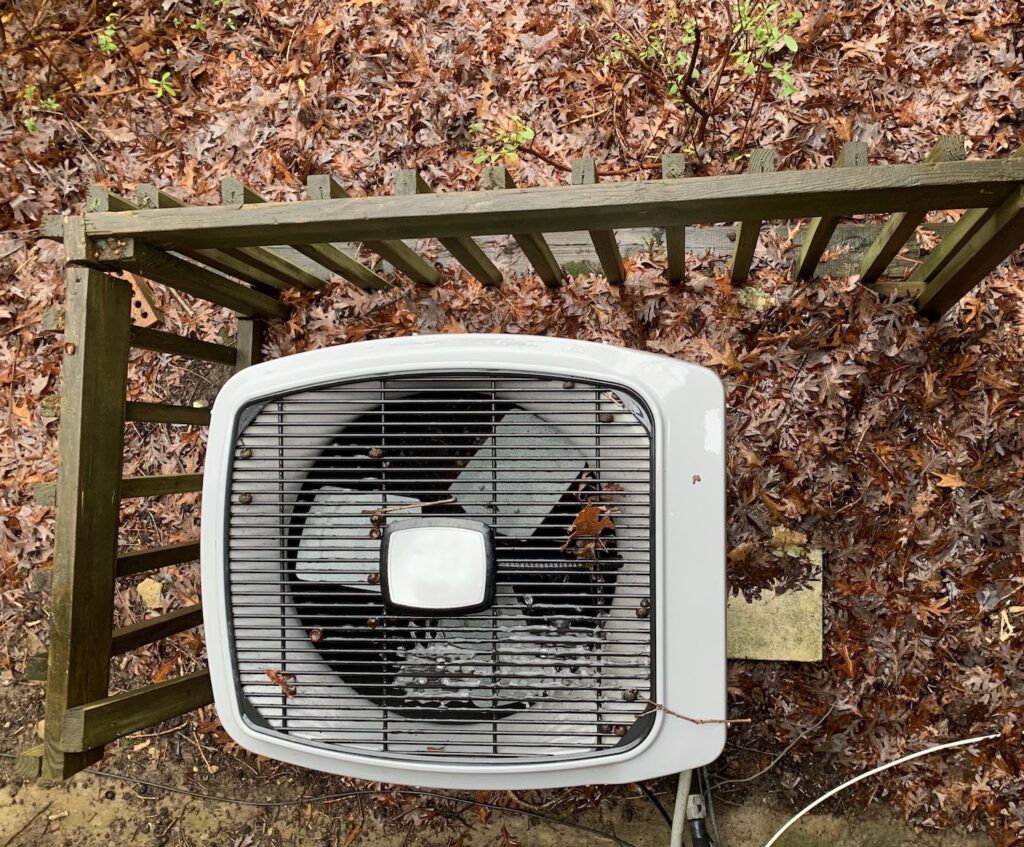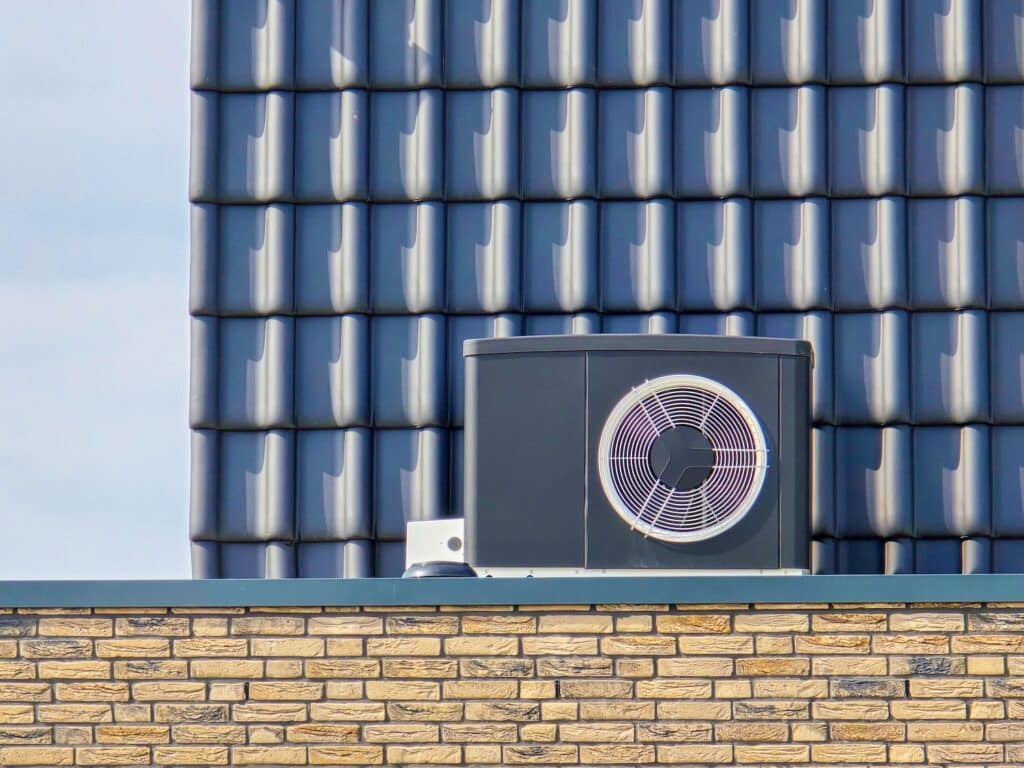Your HVAC system works hard to keep your home cool, but if the condenser isn’t running well, it could be driving efficiency way down. A struggling condenser forces your system to work extra hard, leading to unnecessary wear on other components.
Many homeowners assume a failing condenser needs replacement, but sometimes, the real issue lies in other defects with the system or equipment. Here are three key warning signs your condenser is actually costing you—and what you can do.
1. Your Energy Bills Keep Climbing
If your utility costs are rising despite normal usage, your HVAC condenser may be overworking.
When the condenser isn’t operating efficiently, your system runs longer than necessary, consuming extra energy. What Causes This?
- Dirty or obstructed condenser coils – Dust, debris, and grime block airflow, forcing the unit to work harder to release heat.
- Undersized or oversized equipment – If your HVAC system wasn’t properly sized for your home, it may be running inefficiently.
- Refrigerant issues – Low refrigerant levels or leaks can cause your condenser to struggle, leading to longer cycles and higher energy use.
What You Can Try
- Clear debris from around the condenser and keep coils clean.
- Check if your unit has been short-cycling (turning on and off too frequently).
- If energy bills remain high, consider an HVAC load calculation (Manual J) to determine if your system is properly sized.

Outdoor HVAC unit with lots of debris surrounding it that could cause an array of issues
2. Your Home Stays Warm No Matter What
Even if your system is running, does your home still feel warm or humid? A faulty condenser may not be transferring heat efficiently, leaving rooms uncomfortable. The most common causes for something like this:
- Blocked airflow – Leaves, dirt, or nearby objects restricting airflow can reduce cooling performance.
- Mismatched HVAC components – If the condenser isn’t correctly paired with your air handler or duct system, it won’t cool effectively.
- Improper refrigerant charge – If refrigerant levels are too high or too low, your system can’t remove heat properly.
What You Can Try
- Keep the outdoor unit clear of obstructions.
- Have refrigerant levels checked by a professional.
- If cooling issues persist, an HVAC inspection can identify whether the problem is due to system design or equipment selection (Manual S).
3. The Unit Runs Constantly or Cycles Too Often
A healthy HVAC system runs in balanced cycles—turning on and off at regular intervals. If your condenser is running nonstop or cycling too often (short-cycling), something isn’t right.
It could be caused by a few different problems.
- Undersized condenser – If the unit is too small, it struggles to keep up with demand, leading to excessive runtime.
- Oversized condenser – A too-powerful unit may cool the space too quickly, shutting off before completing a full cycle.
- Poor duct design – Restrictions, leaks, or improperly sized ductwork (Manual D issue) can throw off system balance.
What You Can Try
- Make sure all vents and registers are open and unblocked.
- Consider a ductwork assessment (Manual D) to check for airflow inefficiencies.
- If cycling issues persist, a professional can determine if the condenser is the right size for your home.
Other Tips for HVAC Efficiency and Air Quality
Keeping your HVAC system in top shape helps prevent wasted energy and saves you money. Regular maintenance can also extend the life of your condenser and improve indoor air quality!
Try to put these habits into practice:
- Clean the condenser coils to remove dirt buildup and improve heat transfer.
- Replace air filters regularly to keep airflow steady and reduce strain on the system.
- Check for air leaks around ducts, windows, and doors that could be forcing your HVAC system to work harder.
- Schedule seasonal tune-ups to check refrigerant levels and overall system performance.
- Monitor indoor humidity levels—high moisture can indicate HVAC inefficiencies.
When to Call a Professional
If your HVAC system isn’t running efficiently despite routine maintenance, it’s time for a professional to evaluate it.
Issues with energy use and cooling performance aren’t always about the condenser itself—sometimes, the real problem is with system sizing, ductwork, or mismatched equipment.
They can:
- Conduct an HVAC efficiency assessment to pinpoint where energy is being lost.
- Perform Manual J, D, and S calculations to determine if your system is the right fit for your home.
- Identify airflow issues that could be affecting performance and energy costs.
If your HVAC condenser is struggling, it’s probably beyond DIY efforts to fix and ensure your system is running at peak efficiency.
Conclusion
A poorly functioning HVAC condenser can drive up energy bills, leave your home feeling uncomfortable, and force your system to work harder than necessary. But before replacing your unit, it’s worth investigating whether system design, equipment sizing, or ductwork issues are contributing to the problem.
A professional and comprehensive inspection by the Knockout team can reveal what’s really happening—and whether a better system setup could save you money in the long run.
If you’re dealing with any of these issues or planning to buy or sell a home, book your inspection today.

